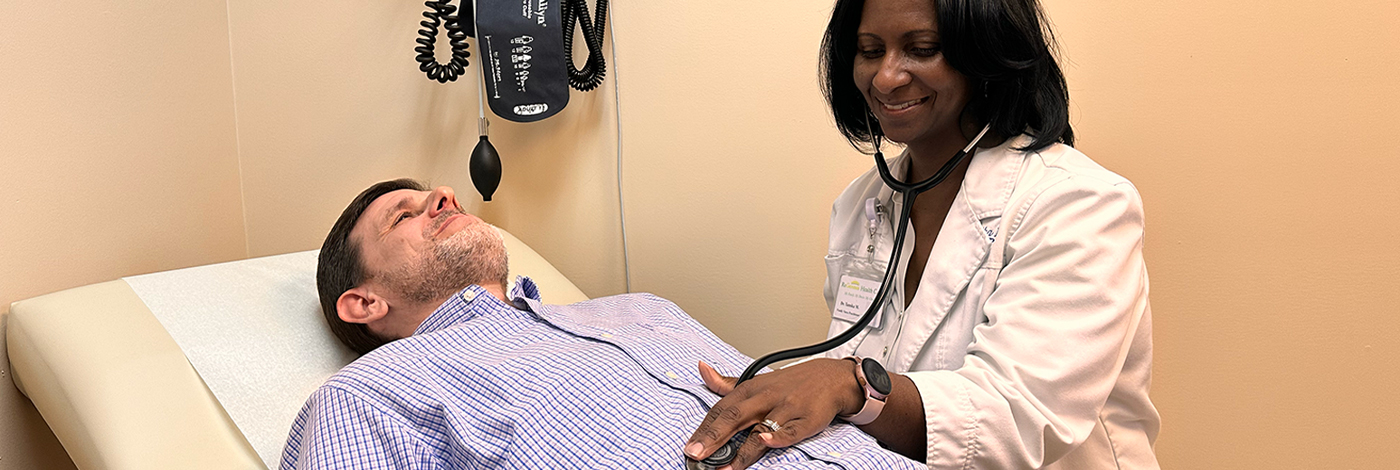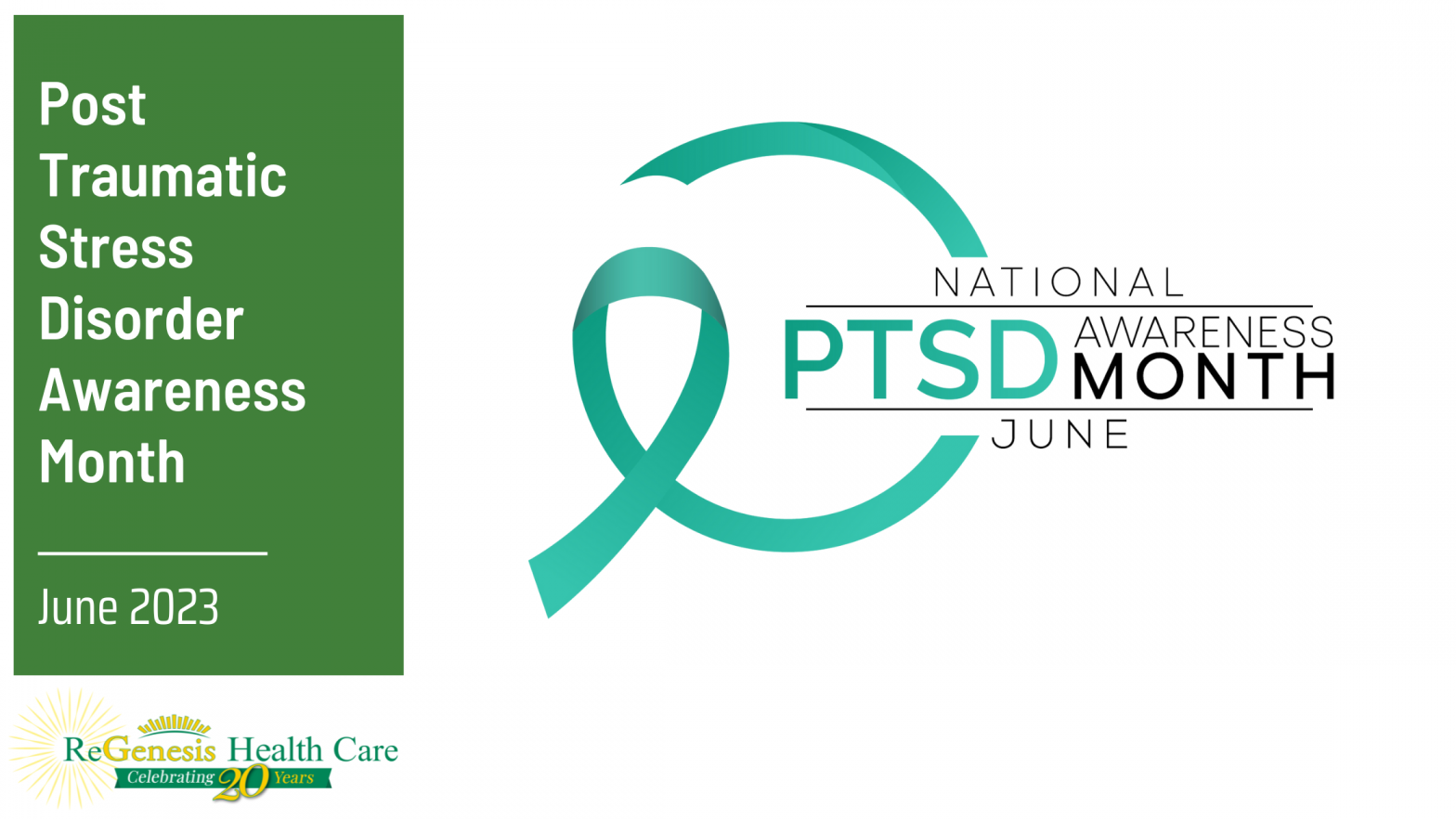Understanding PTSD: What You Need to Know
June is PTSD awareness month, a time when we focus on increasing awareness and understanding of post-traumatic stress disorder (PTSD). PTSD can develop after someone has experienced or witnessed a traumatic event such as combat, sexual or physical assault, a car accident, or a natural disaster. It affects millions of people worldwide and can have a significant impact on their daily lives. In this blog post, we will delve deeper into the topic of PTSD and provide you with a better understanding of what it is, how it affects people, and what you can do to help.
What is PTSD?
PTSD is a mental health condition that occurs in people who have experienced or witnessed a traumatic event. It can occur immediately after the event or months and even years later. Symptoms may include flashbacks, nightmares, anxiety, depression, and irritability. PTSD affects people differently, and in some cases, they may struggle with feeling disconnected from the world around them or emotionally numb.
How does PTSD affect people?
PTSD can have significant effects on people’s daily lives. It can impair their ability to function, work, and maintain relationships. People with PTSD may find it challenging to concentrate or enjoy the activities they once enjoyed. They may become easily startled or hypervigilant, always on the lookout for potential danger. PTSD can affect sleep patterns and lead to insomnia, which can exacerbate other symptoms.
How can we help?
The first step in helping someone with PTSD is to understand the condition. It’s essential to create a supportive and non-judgmental environment that encourages them to talk about their feelings openly. Encouraging them to seek professional help is also critical, as there are many effective treatments available today, such as cognitive-behavioral therapy (CBT). Medications, such as antidepressants, may also help manage symptoms.
What can people with PTSD do to manage their symptoms?
People with PTSD can take steps to manage their symptoms, such as practicing relaxation techniques like deep breathing exercises or mindfulness meditation. Regular exercise, engaging in activities that bring joy, and maintaining a regular sleep pattern can also help. Creating a routine for themselves can provide a sense of structure and stability, which some people with PTSD may find comforting.
Why is PTSD awareness essential?
PTSD affects many people worldwide and deserves more recognition and attention. Awareness can lead to increased funding for research and more resources for those affected by the condition. It can also help reduce the stigma associated with mental health conditions and encourage more people to seek help.
June is PTSD awareness month, and it’s a perfect time to increase our understanding and knowledge of the condition. PTSD can be a debilitating mental health condition that affects millions of people worldwide, and awareness is crucial in providing support and resources to those who need it. It’s essential to create a supportive and non-judgmental environment for those struggling with PTSD, encourage them to seek professional help, and promote awareness that reduces the stigma associated with mental health conditions. By doing so, we can help individuals experiencing PTSD to live fulfilling and meaningful lives.



